 The use of the internet for the promotion of goods and services, particularly social media (Facebook, Twitter and Instagram to name a few), has grown in the recent years. Internet or online advertising has helped increase the revenues of local companies and of media and advertising companies. This trend, of course, has caught the attention of the Bureau of Internal Revenue (BIR) for potential sources of government revenue.While local revenue issuances provide for fairly detailed rules on the tax obligations of online media companies and of advertisers, it failed to consider that most online media companies are foreign corporations located abroad. Generally, whenever a transaction involves foreign corporations, the situs of taxation of the income or transaction becomes an issue. For online advertising, the usual questions are: if all the services are performed, and all the facilities used for such services (ie, computers, servers, among others) are located outside the Philippines, are the service fees still taxable in the Philippines? Is it enough that online advertisements are viewable and accessible in the Philippines by the intended market/customer to make the service fees taxable here? At present, no Philippine law categorically imposes tax on online media/advertising services rendered by non-resident foreign corporations. Admittedly, however, the provisions of the National Internal Revenue Code (Tax Code), a number of BIR rulings and the existing jurisprudence may provide for bases to treat such transactions as either exempt from or subject to Philippine taxes. Possible bases to exempt from Philippine taxes — Under Section 42(C)(3) of the Tax Code, payments for services performed outside the country are considered income from sources outside the Philippines. In ITAD Ruling No. 014-01 (February 16, 2001), the BIR ruled that if the editing, programming, designing and dissemination of advertisements are done using the facilities located abroad, the situs of the income is abroad. It may be argued that views or access within the Philippines do not make advertising service taxable in the country. In BIR Ruling No. 009-05 (August 2, 2005), services rendered abroad through the internet (ie, registration and maintenance of domain names), even if the same are for clients located in the Philippines (ie, domain name holders in the Philippines), are considered rendered outside the country. Further, in CIR v. American Express International, Inc. (G.R. No. 152609, June 29, 2005), the Supreme Court held that, for value-added tax (VAT) purposes, the service is distinct from the product/output that arises from the performance of the service. What determines jurisdiction is the place where the service is rendered, not the place where the output of the service is ultimately used. Possible bases to subject to Philippine taxes — The Supreme Court’s decision in CIR v. British Overseas Airways Corporation (G.R. No. 65773-74, April 30, 1987) may be used to argue that views/access in the Philippines may be considered as the activity that produces the income. Considering that media companies are paid for the promotion of products in the Philippine market, it is the visibility of the advertisement in the country that makes the transaction taxable here. Moreover, consumption, in the context of a service, means the performance or completion of a contractual duty, releasing the performer from future liability. If the company will not be paid unless advertisements are viewable or accessible in the Philippines, then consumption, arguably, happens in the Philippines. Unless a new law is passed or a Supreme Court decision covering the above issues is promulgated, the taxability of the service fees received by non-resident foreign companies from online advertising in the Philippines will remain unsettled. As such, local companies availing of these services are constantly exposed to the risk of being pursued by the BIR. In case the BIR will take the strict position, the exposure may include the assessment of: a) deficiency 30 percent final withholding income tax; b) 12 percent final withholding VAT; c) 30 percent income tax on the disallowed advertising expenses due to failure to withhold taxes; d) 20 percent annual interest for late payment; and e) 25 percent surcharge for non-filing of return and non-payment of taxes. –––––––––––––––– |
Philippines
Related Articles by Firm
The sanctity of our home offices
Often quoted in cases involving searches and seizures is the principle that “a man’s home is his castle” ...
Financial rehabilitation amidst the COVID-19 pandemic
In light of the implementation of various community quarantine measures brought about by the COVID-19 pandemic in the Philippines, many business establishments were either prevented from operating or permitted with limited operational capacity ...
Fine prints
Rights-holders must always be vigilant, exercise caution and, most of all, read and question the fine prints.
Travel restrictions, work permit and visa status of expats in the Philippines
While the coronavirus disease (Covid-19) knows no nationality or race, most countries have taken the approach, among others, of closing their respective borders to prevent it from spreading ...
Philippines: Pandemics, police power and private contracts
With the worsening coronavirus outbreak, President Rodrigo Duterte has shifted gears ...
Philippines: Coping with Covid-19
While Covid-19 is primarily a health issue, it cannot be denied that it has multi-faceted effects ...
Philippines: Work suspension during calamities
On January 12, 2020, the Taal volcano in the Philippines began erupting, causing numerous cities to experience ash fall and necessitating the evacuation of families living nearby ...
Philippines: Changing times for PEZA locators
The Philippines enticed into investors into its special economic zones with tax incentives, such as income tax holidays (ITH) or 5 percent gross income taxation (GIT), VAT zero-rated purchases and duty-free importations ...
The 2019 HCCH Judgments Convention and the enforcement of foreign judgments in the Philippines
In a world where cross-border transactions are commonplace, disputes inevitably arise. Thus, the recognition and enforcement of foreign court decisions is a key issue ...
Compulsory investment of branch offices in the Philippines
The Revised Corporation Code introduced amendments to the otherwise outdated Corporation Code.
Philippines: The POGO problem – Harmonising immigration, gaming and gambling
It is highly illegal to gamble in China save for a few state-run lotteries. To avoid this prohibition, gambling companies operate offshore so that they may continue catering to Chinese nationals who play casino and e-games online ...
Developments in the Philippine Competition Commission’s enforcement activities
Early this year, the Philippine Competition Commission (PCC) Enforcement Office launched a leniency/whistleblower programme offering immunity from suit and reduction of fines to cartel members who will provide information that will help the PCC investigate and prosecute cartels ...
Revisiting the AMLA in light of transnational money laundering
For several decades, money laundering has extended the reach of transnational organised crime throughout various nations ...
Revisiting important concepts in arbitration
Philippine courts are keen on making arbitration and other modes of ADR the staple in settling disputes domestically.
Keeping your mobile number for a lifetime
A new law facilitates the easy movement of subscribers from one service provider to another.
The right to know: Freedom of information in the Supreme Court
Like all other rights, the “right to know” is not an absolute right.
The Philippines 11th Foreign Investment Negative List and its impact on online businesses
A more liberalised foreign participation may change the internet-based business landscape in the Philippines ...
The Philippine Competition Commission bares its teeth
For the first time since its inception in 2015, the Commission has blocked a merger after conducting its review.
A peek into the revised Corporation Code of the Philippines
On February 20, 2019, President Rodrigo Duterte signed into law Republic Act No. 11232, otherwise known as the Revised Corporation Code of the Philippines (the New Code) ...
Philippines: Protecting indigenous knowledge systems and practices in intellectual property rights registration
Indigenous peoples (IPs) and indigenous cultural communities (ICCs), though explicitly protected under the constitution itself, sadly remain one of the most marginalised and forgotten sectors in Philippine society ...
Philippines: The right to know – Freedom of information in the Supreme Court
Freedom of Information is a right enshrined in our fundamental law ...
Investments for the environment
In a recent report released by the leading international body for assessment of climate change, the UN Intergovernmental Panel on Climate Change (UN IPCC), established a target global warming limit of 1.5°C ...
The PCC’s Joint Venture Guidelines
The Philippine Competition Commission must strive to strike a balance ...
How the Mental Health Act affects employees
Mental health conditions, which include anxiety and panic disorders, depression, eating disorders, substance abuse and addictions, have become a pervasive issue which permeates our present society ...
The Ease of Doing Business Act tapers red tape
RA 11032 is a welcome step towards achieving the quality government services that Filipinos deserve.
Much EndO about nothing
President Duterte says he has put an end to the “Endo” or the practice of engaging employees on a contractual basis. But has he?
Philippines: Proposed rules and regulations on crowdfunding
Crowdfunding (CF) platforms have proven to be a popular way to solicit charitable donations and to raise funds for projects or business ventures ...
Revised guidelines for continuous trial of criminal cases in the Philippines
Recent measure to address judicial delays ...
Virtual currency in the Philippines: Recognition and regulation
Bitcoin is essentially a virtual currency (VC), which is any type of digital unit that is used as a medium of exchange — a veritable currency that exists in the digital world. Since it is electronic currency, VC is easily transferable ...
Protection of women employees in the Philippines
According to the World Economic Forum’s Global Gender Gap (GGG) Report conducted in 2016, the Philippines is the most gender-equal country in the Asia-Pacific region, having closed nearly 79 percent of its gender gap ...
Anti-Trust & Competition: Philippines - Towards robust yet balanced competition in the Philippines
The state of Philippine competition regulation has been slowly taking shape barely over two years after the passage of the Philippine Competition Act (RA 10667) ...
PHILIPPINES: The internet and doing business in the Philippines
Earlier this year, the Philippines Securities and Exchange Commission (SEC) issued an opinion stating that an online gaming system with absolutely no physical presence in the Philippines shall be considered as “doing business” in the Philippines and was thus required ...
Philippines: Psychological disorders in the workplace
The problem of mental health presents a particular conundrum under labour relations and standards ...
Clarifying the role of contractors and subcontractors
Recent changes to labour laws in the Philippines attempt to clarify the status of contractors and subcontractors in certain industries ...
Fake news and its web of legal issues in the post-truth era
Oxford Dictionaries’ Word of the Year for 2016 is “post-truth” — an adjective defined as “relating to or denoting circumstances in which objective facts are less influential in shaping public opinion than appeals to emotion and personal belief”. ...
Dollar-denominated securities in relation to Corporation Code’s provisions on capital
The Philippines Stock Exchange (PSE) issued rules on December 2, 2016 governing the listing, trading and settlement of US dollar-denominated securities (DDS)....
Cyber bullying in the Philippines
The pen is mightier than the sword or so the adage goes. When this was once said, it was to highlight the power of thoughts and ideas over brute force and violence as a way to effect change. Today, the ...
Uber/GrabCar drivers: Independent contractors or employees?
The buzz about the legality of Uber and GrabCar operating in the Philippines might have died down, but now there is another legal issue surrounding them: whether their drivers are employees or ...
Price fixing in the context of the Philippine Competition Act
In light of the enactment of the Philippine Competition Act (PCA) in 2015, competitors, manufacturers, retailers and sellers or suppliers, in general, should be ...
Implementation of the data privacy act in Philippines now in full swing
Since 2012, the Philippines has had a comprehensive law governing personal data privacy. However, full implementation ...
Levelling the playing field in the Philippines
Before the enactment of the Philippine Competition Act in 2015, the Philippines was the only founding member of Asean that did not have a comprehensive competition law in place. Francisco Ed Lim, Patricia-Ann T Prodigalidad, Eric R Recalde of <...
Age discrimination in the workplace
Republic Act No. 10911 (also known as the ‘Anti-Age Discrimination in Employment Act’) lapsed into law on 21 July ...
Green jobs: greening the Philippine labour sector
With the threat of climate change, the international community created the Paris Agreement which aims to stop global warming and preserve ...
Interplay of domestic law on compulsory licensing and international agreements on medicine prices
The price of pharmaceutical products in the Philippines appears to be on the high side compared to that in other Asian ...
Restrictive covenants in employment contracts
One of the means of keeping afloat in today’s competitive market is to hire employees who are ‘fit’ for a particular job. However, before employers ...
Make our system work: litigation practice expedited
The perception that litigation is a slow and arduous process has drawn many of us closer to the idea of alternative modes of dispute resolution. ...
Department of Labor and Employment (DOLE) Department Order No. 18-A: The Rules and Regulations on Contracting
On December 4, 2011, Department of Labor and Employment (DOLE) Department Order No. 18-A (D.O. 18-A), the new Rules Implementing Articles 106 to 109 ...
An overview of Philippine Data Privacy Law
Republic Act No. 10173, or the Philippine Data Privacy Act of 2012 (RA10173), was signed into law on August 15, 2012. This is the ...
New competition law for the Philippines
The Philippine Competition Act (PCA) went into effect on August 5, 2015. The law applies not only to acts committed in the Philippines but ...
Related Articles
Related Articles by Jurisdiction
The sanctity of our home offices
Often quoted in cases involving searches and seizures is the principle that “a man’s home is his castle” ...
Law passed promoting ease of doing business in the Philippines
A law promoting the ease of doing business and efficient delivery of government services took effect this June 2018.
Latest Articles





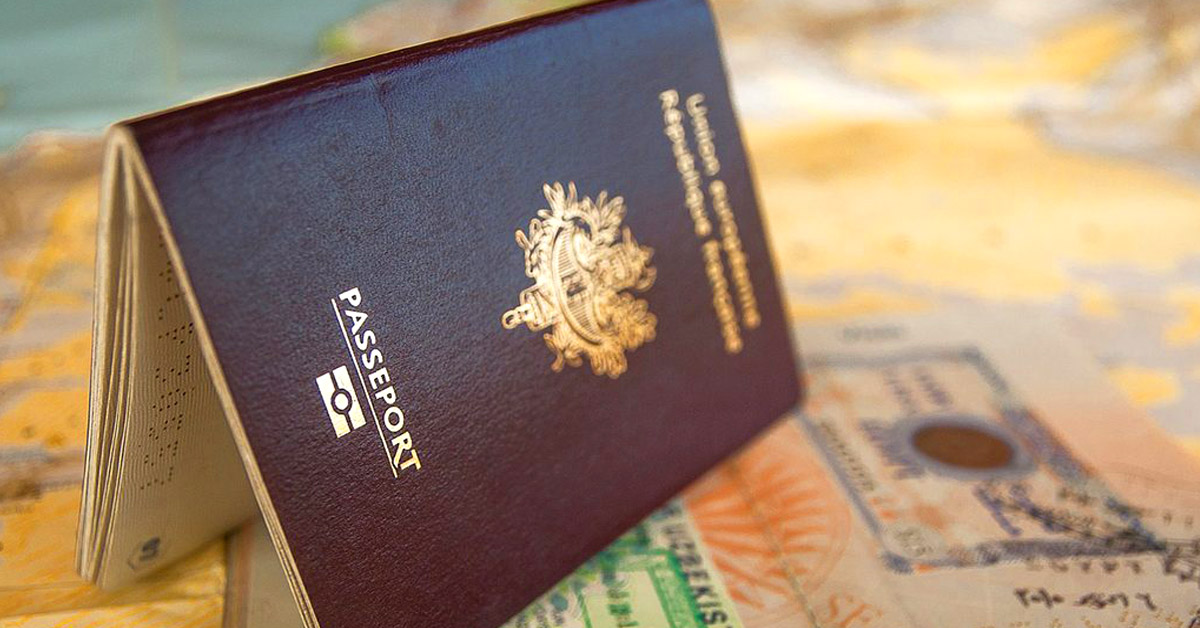
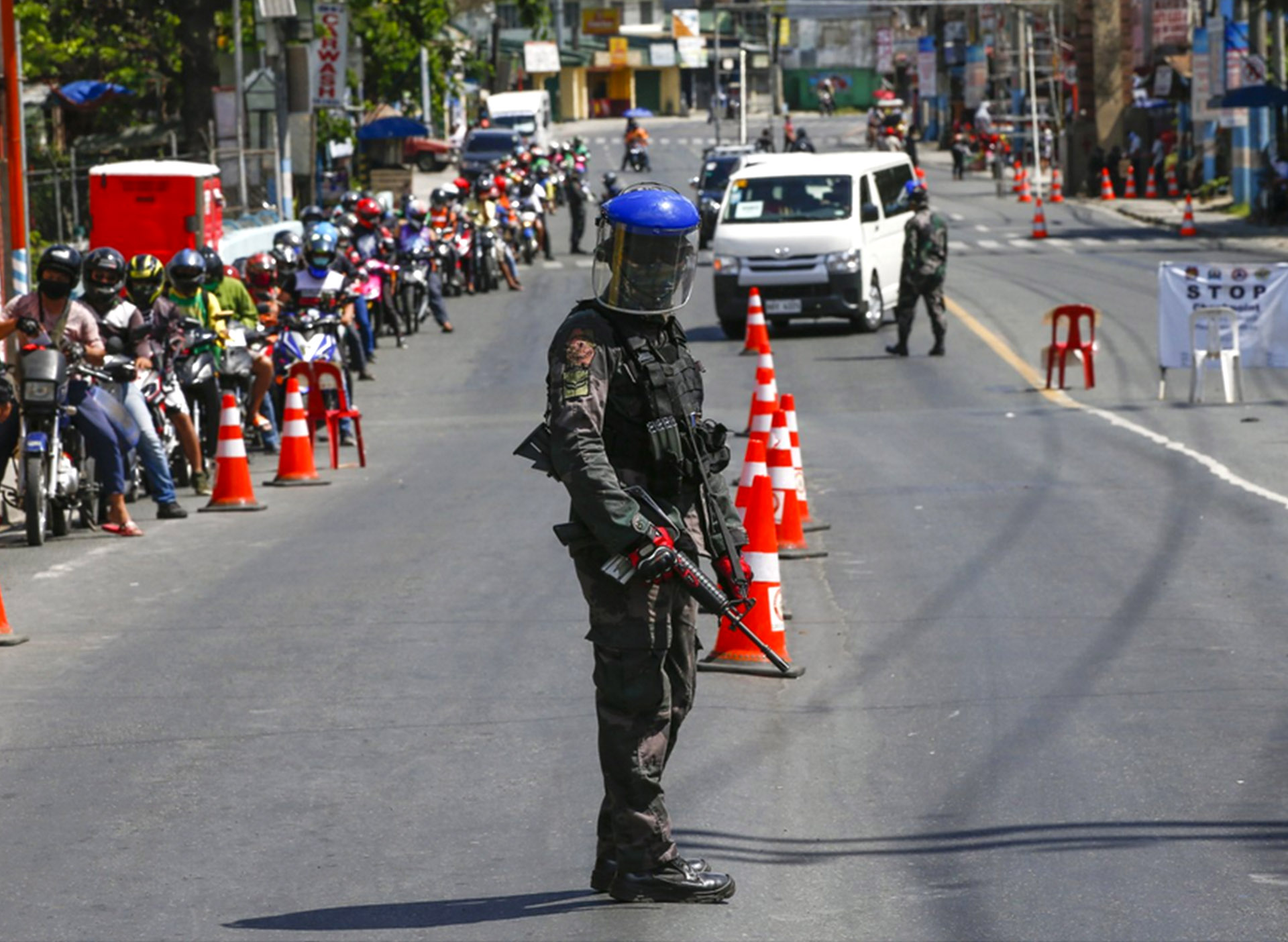








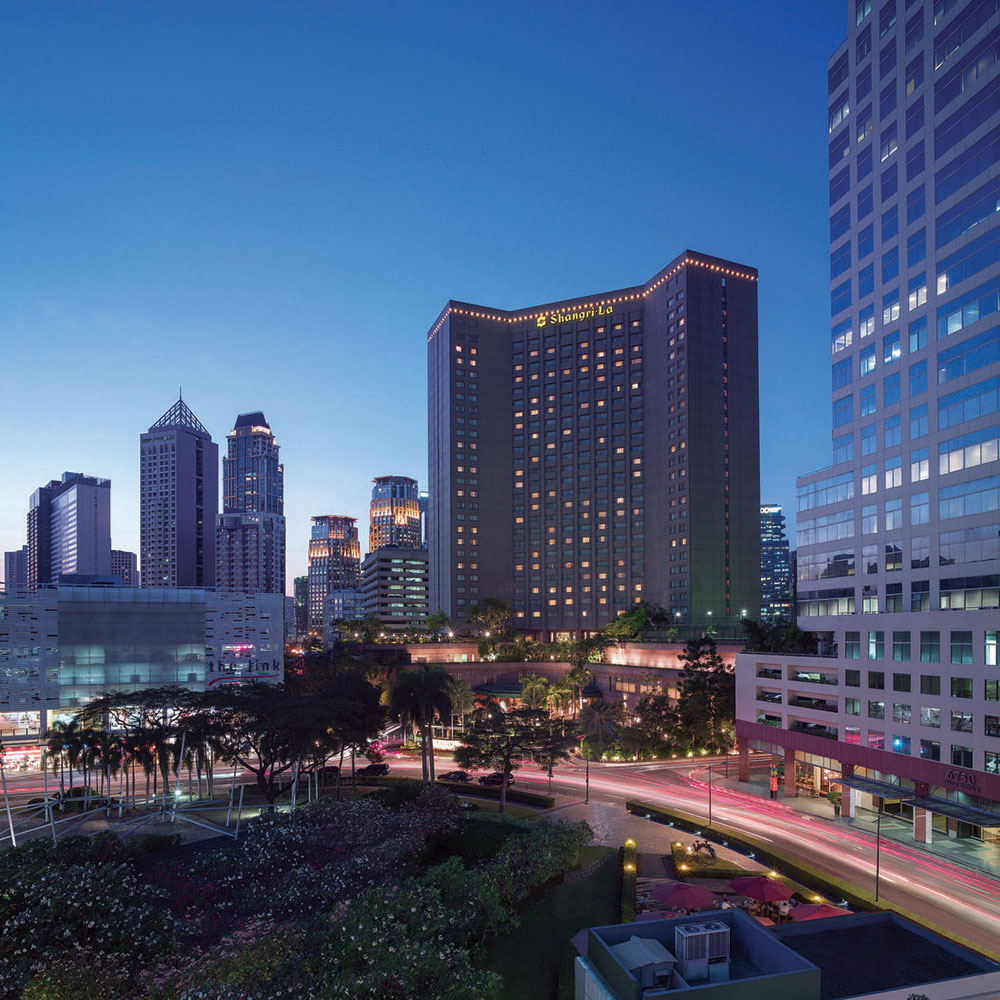



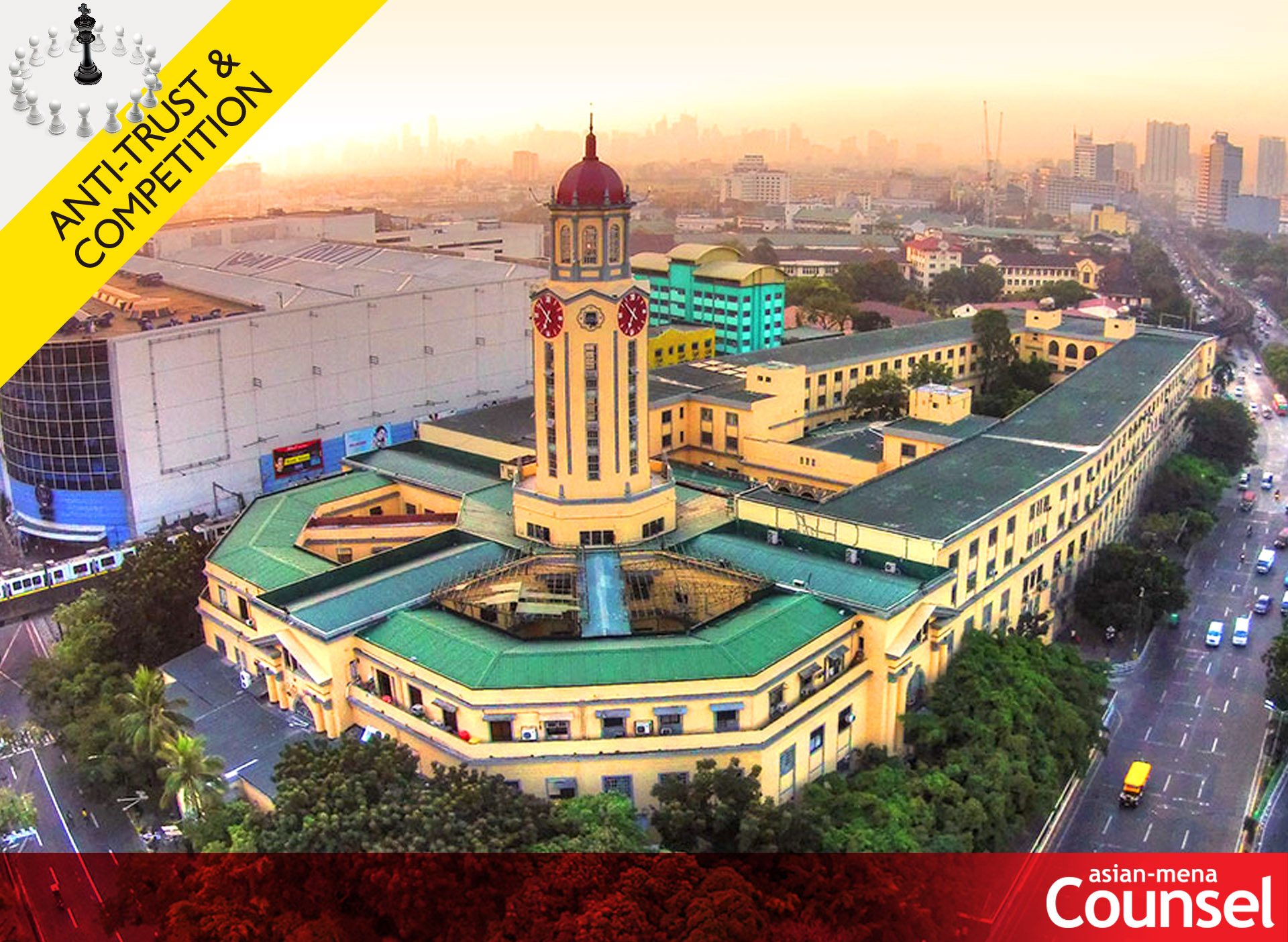










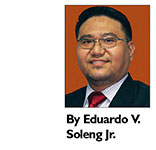
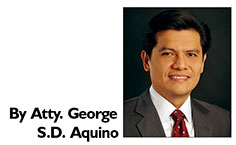








 Angara Abello Concepcion Regala & Cruz Law Offices (ACCRALAW)
Angara Abello Concepcion Regala & Cruz Law Offices (ACCRALAW) Emerico O. De Guzman
Emerico O. De Guzman







